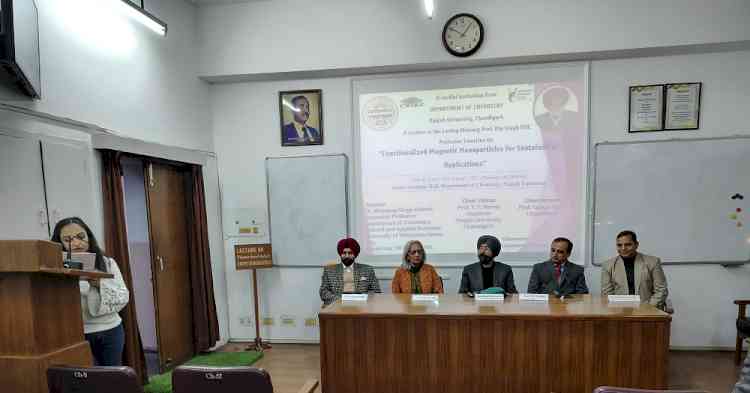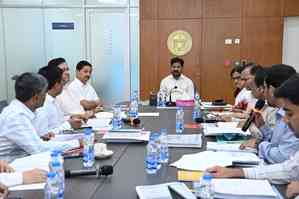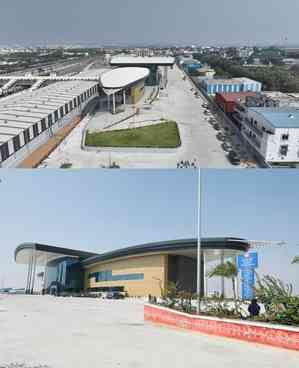Azim Premji University launches open access Early Learner Assessment tool for children between 3-5 years
Azim Premji University today launched Early Learner Assessment (ELA) – an open access handbook for developmental assessment of children between 3-5 years.

Bangalore, April 11, 2023: Azim Premji University today launched Early Learner Assessment (ELA) – an open access handbook for developmental assessment of children between 3-5 years.
Developed by early childhood education experts, the handbook will help professionals engaged in research of young children and parents to gather information about a child’s development across a broad spectrum, including physical-motor, cognitive, language and communication, socio-emotional, creative thinking, and aesthetic expression.
The ELA tool, which is evidence-based, comprehensive, culturally sensitive and set in the Indian context, has been developed based on extensive data analysis and field tested widely. The tool has the capacity to cover all major domains of a child’s development.
It will help assess a child within an hour spread across two days irrespective of whether she is attending an early childhood programme such as anganwadi, balwadi, nursery school, kindergarten or any other centre that provides preschool education.
“Assessing a child’s developmental and learning outcomes will allow us to understand her current level of competencies and the quality of the preschool programme. This will help in designing and modifying the preschool environment to help children achieve their developmental potential,” said Kinnari Pandya, Associate Professor, Azim Premji University.
Azim Premji Foundation, which has been working towards improving the public education system in India, supports the public preschool programme, the Integrated Child Development Services Scheme, in providing quality preschool education. It is essential to capture the children’s current level of development to design a curriculum that will help them achieve their potential. The ECE tool was developed to understand the learning levels of children in a rural context and track the changes in the quality of preschool education.


 City Air News
City Air News 













